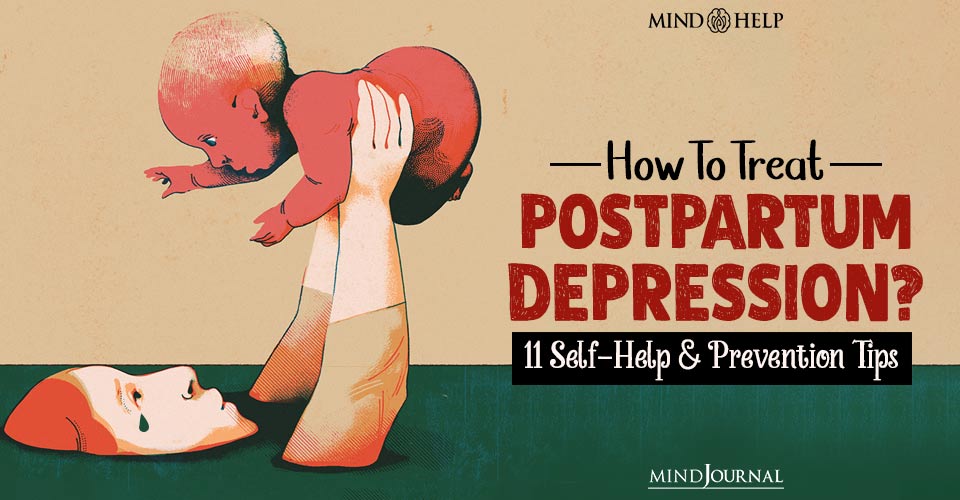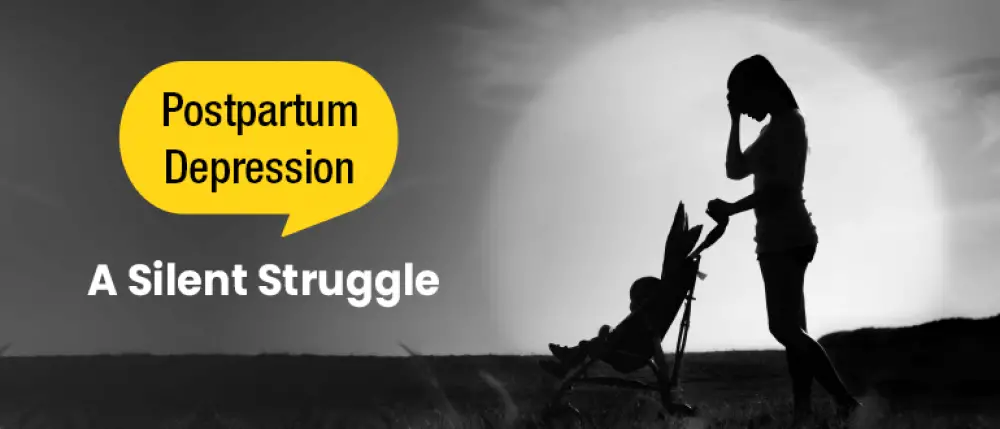Beautiful Journey Reproductive Counseling Center for Beginners
Beautiful Journey Reproductive Counseling Center for Beginners
Blog Article
The Best Guide To Beautiful Journey Reproductive Counseling Center
Table of ContentsThe Beautiful Journey Reproductive Counseling Center IdeasGetting The Beautiful Journey Reproductive Counseling Center To WorkAn Unbiased View of Beautiful Journey Reproductive Counseling CenterThe Buzz on Beautiful Journey Reproductive Counseling CenterThings about Beautiful Journey Reproductive Counseling Center8 Simple Techniques For Beautiful Journey Reproductive Counseling Center

Dealing with mental wellness experts is an excellent method to find out about postpartum depression and exactly how to recover. Therapy allows ladies to function via their problem and understand the progression they make. Therapists can also readjust treatment in feedback to the woman's progression. Treatment is a personal and essential means to treat postpartum depression.

More About Beautiful Journey Reproductive Counseling Center
There have actually not been definitive researches published that looked specifically at folate or other B vitamins in the treatment of postpartum anxiety. Take into consideration advising to females that are postpartum to proceed their prenatal vitamin or take a B-100 complicated with regarding 1 mg (or 1,000 mcg) of folic acid, or folate.
Modification of vitamin D deficiency might play a substantial function in the recuperation from postpartum depression. Mothers dealing with depression must have their 25-OH vitamin D level tested. Several ladies find that they require at the very least 2,000-3,000 IUs of cholecalciferol, which is vitamin D3 (a form that is really easily absorbed) throughout the cold weather.
In the summertime, less dental vitamin D might be needed, depending upon the latitude where the mother lives. perinatal counseling.
Beautiful Journey Reproductive Counseling Center Fundamentals Explained

Anticoagulation may be used, and it needs to be noted that there exists no global guideline or recommendation for anticoagulation therapy in septic pelvic apoplexy. Initial bolus of 60 units/kg (4000 units optimum) complied with by 12 units/kg/h (optimum of 1000 units/h) is suggested. The aPTT is monitored for 2-3 times the normal worth.
Postpartum depression (PPD) is a complex mix of physical, emotional, and behavior adjustments that occur in some women after giving birth. According to the DSM-5, a hands-on made use of to diagnose mental illness, PPD is a form of significant depression that begins within 4 weeks after shipment. The medical diagnosis of postpartum clinical depression is based not just on the length of time between delivery and beginning however on the intensity of the clinical depression.
The term explains a variety of physical and emotional changes that numerous new mommies experience. The real link between this decline and depression is still not clear.
Fascination About Beautiful Journey Reproductive Counseling Center
Typically, joining a support system of brand-new mommies or speaking with various other moms aids. can occur a couple of days and even months after childbirth. PPD can happen after the birth of any type of youngster, not simply the first child. You can have sensations similar to the baby blues-- sadness, anguish, anxiety, crankiness-- yet you feel them far more strongly.
When your capacity to function is influenced, you require to see a wellness treatment copyright, such as your OB/GYN or main treatment physician. If you don't get therapy for PPD, signs can obtain worse.
This ailment can happen quickly, commonly within the initial 3 months after giving birth. Women can lose touch with reality, having auditory hallucinations (hearing points that aren't actually taking place, like an individual talking) and misconceptions (strongly believing points that are plainly unreasonable). Visual hallucinations (seeing things that aren't there) are less common.
Women that have postpartum psychosis demand therapy as soon as possible and practically constantly require medicine. Sometimes women are put into the medical facility due to the fact that they are at threat for injuring themselves or somebody else. Postpartum anxiety is dealt with in a different way, depending upon the kind of signs and symptoms and how extreme they are. Treatment options consist of anti-anxiety or antidepressant medicines, psychiatric therapy, and participation in a support system for emotional support and education and learning.
The Greatest Guide To Beautiful Journey Reproductive Counseling Center
Children of moms with postpartum clinical depression are most likely to have issues with sleeping and eating, sobbing more than common, and delays in language growth. If you have a background of depression, inform your doctor as quickly as you discover you're expectant, or if you're planning to conceive.
Usually, signing up with a support system of new mothers or speaking with other moms assists. can happen a few days or even months after giving birth. PPD can happen after the birth of any kind of kid, not simply the first child. You can have sensations similar to the baby blues-- sadness, despair, stress and anxiety, crankiness-- yet you feel them far more highly.
When your ability to feature is influenced, you need to see a healthcare company, such as your this hyperlink OB/GYN or key care medical professional. This medical professional can evaluate you for clinical depression signs and come up with a therapy plan. If you do not get therapy for PPD, signs and symptoms can worsen. While PPD is a severe problem, it can be treated with drug and counseling.
This ailment can take place swiftly, commonly within the first 3 months after childbirth. Women can shed touch with truth, having auditory hallucinations (hearing points that aren't really occurring, like a person chatting) and misconceptions (highly believing points that are plainly unreasonable). Visual hallucinations (seeing points that aren't there) are much less usual.
7 Simple Techniques For Beautiful Journey Reproductive Counseling Center
Women that have postpartum psychosis need treatment as soon as possible and generally require drug. Sometimes ladies are taken into the medical facility since they go to risk for hurting themselves or another person. Postpartum anxiety is treated in a different way, relying on the kind of symptoms and exactly how serious they are. Treatment choices consist of anti-anxiety or antidepressant drugs, psychiatric therapy, and engagement in a support system for emotional support and education.
Youngsters of mommies with postpartum clinical depression are more probable to have issues with resting and eating, weeping greater than normal, and delays in language advancement (perinatal support). If you have a background of clinical depression - https://beaj0urepcc.wordpress.com/2024/04/05/beautiful-journey-reproductive-counseling-center-supporting-your-reproductive-mental-health/, inform your medical professional as soon as you find out you're pregnant, or if you're planning to conceive
Report this page